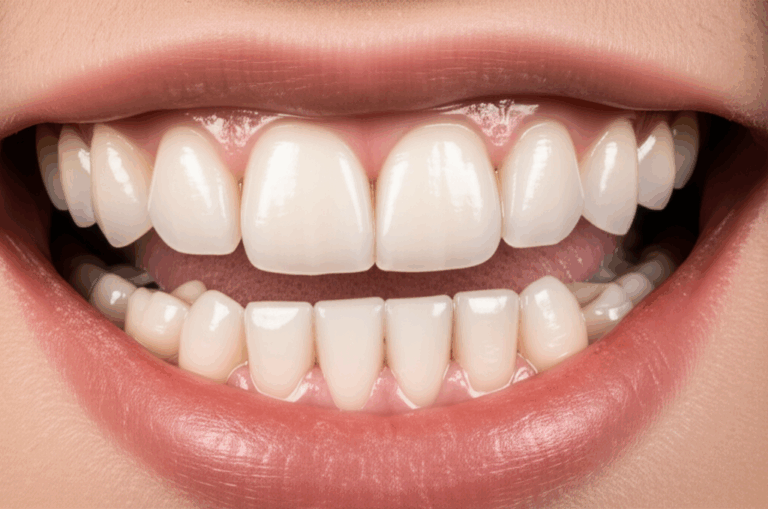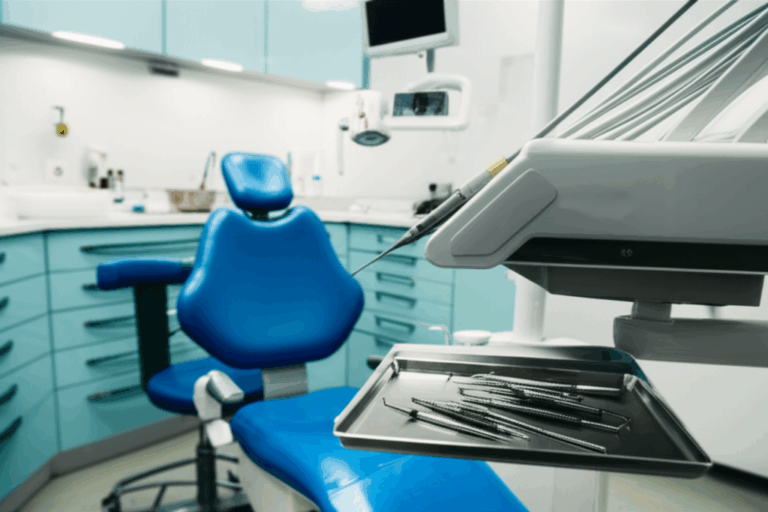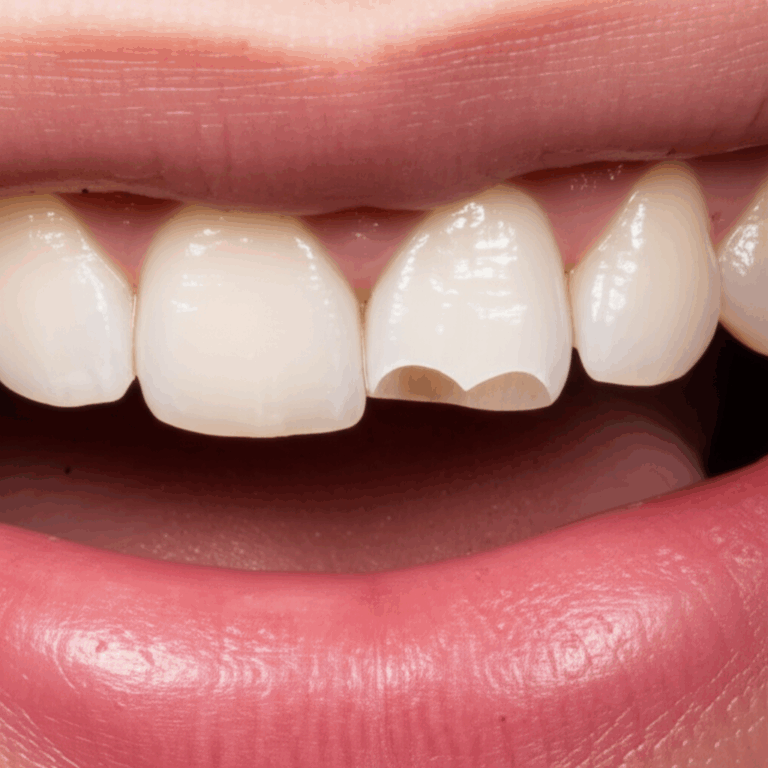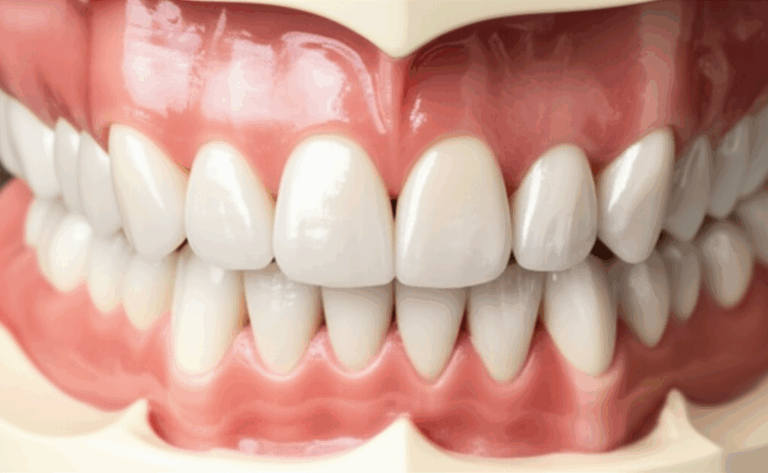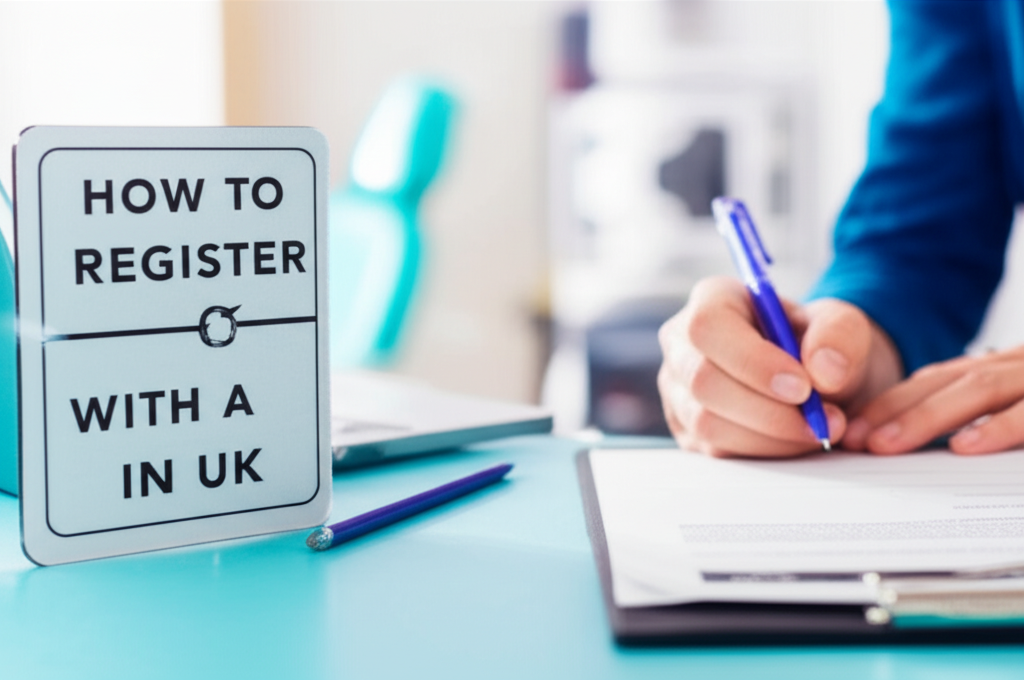
How to Register with a Dentist in the UK: My Step-by-Step Guide (NHS & Private)
Table of Contents
Introduction: My Experience with Dental Registration in the UK
I still remember how lost I felt after moving to the UK. It felt like everyone had their own dentist except me. That’s how my adventure of trying to sign up with a dentist started. I found out pretty quickly that it’s not as simple or as official as joining a GP. Still, having a dentist is really important for your teeth and health in the long run.
Here’s everything I learned—things I wish someone had just told me when I first arrived. I’ll talk about the differences between NHS and private dentists, how “registration” isn’t really what you might expect, and what to do if you keep hearing, “Sorry, we’re not taking new NHS patients.” Let’s get started.
Step 1: NHS or Private? Choosing the Right Path for Dental Care
Understanding the Choice
The first thing I had to decide was whether to pick an NHS dentist or a private one. Here’s what I found out:
NHS Dentistry
- Low cost: NHS dentist visits are cheaper and split into Bands 1, 2, and 3—fixed prices for check-ups, fillings, and bigger jobs.
- Covers needs, not wants: NHS will pay for what you really need, but not for things you just want (like whitening or some beauty work).
- Long waits: In my case, finding an NHS dentist was tricky, especially in busy towns. Websites often say “not taking new NHS patients,” and the waiting lines can feel never-ending.
Private Dentistry
- Quicker appointments: It’s usually faster to get an appointment, dentists offer more treatments, and you can be picky about who you see.
- More choices: If you want something done for looks, not just health, private is the way to go.
- Costs more: You pay the full price yourself, and some treatments can cost a lot.
Some Dentists Do Both
It took me ages to figure out that some places do both NHS and private. Sometimes you can get NHS care for the basics, but have to pay privately for other things.
What I Learned
If money is tight or you can use NHS help, try that first. If you need something done quickly or want treatments NHS doesn’t do, then private might work better. I met some people who use both: NHS for check-ups, private for extras.
Step 2: How I Found a Dentist Accepting New Patients
Using the Official NHS Website
I used the NHS Find a Dentist tool, put in my postcode, and looked for places “accepting new NHS patients.” Sounds easy, but the info isn’t always right. I learned to always call the dentist office to double-check.
Looking Further
- Ask people: Friends, neighbours, and even folks at work can give you tips on where there’s space for new patients.
- Widen your search: I looked a couple of towns away at one point. It felt far, but sometimes that’s what it takes to get in.
- Contact your local Integrated Care Board (ICB): They sometimes have a list of dentists who updated their info recently.
When Only Private Was Left
When no NHS option worked, I looked at private dentists. I just searched “private dentist near me” on Google Maps and checked their websites. Lots of them let you book online and show what they charge for first check-ups.
Specialist Lists
The General Dental Council (GDC) keeps a public list, and services like Denplan show both NHS and private dentists. Good to know about if you ever want to change.
Keep Trying
Getting dental care in the UK can change fast. I have a friend who called a dentist every week until she got in. Don’t give up—keep checking.
Step 3: Making Contact – My Checklist for Calling Dental Practices
That first phone call can feel weird, but don’t worry. Here are questions I started asking that made things easier for me:
- Are you taking new NHS patients?
- How do I sign up? Is a check-up needed first?
- Any waiting lists? How long are they?
- How much is the first visit? (Both NHS and private, if they do both.)
- Do you have payment plans, like Denplan?
- Do you help with special needs? (For kids, disabled people, or those who get really nervous at the dentist.)
- When are you open? Any weekend times?
If they say no to NHS, ask about joining a waiting list or if they can call you when a place opens up.
Step 4: The Dental Registration Process – What Actually Happens
What I Thought (and What It’s Really Like)
My first time trying to sign up, I turned up with a big folder of papers, thinking there’d be lots to fill out. It wasn’t like signing up with a GP, where you fill out loads of forms.
For the NHS
- No proper sign-up: You become a patient by having treatment. Once you’ve had your first appointment, you’re on the list.
- Stay active: If you don’t show up for years, you can be dropped from their patient list. That’s why I try to go for a check-up every year, even if nothing hurts.
For Private Dentists
- More forms: You fill out a health form, give your details, sign for consent, and tell them about payment or insurance if you have it.
- Initial check-up: This is usually a bit longer, with time to chat and really tell the dentist your problems or needs.
Forms I Filled Out
- Medical questions (allergies, old illnesses, list of medicine).
- Your details (name, address, phone number).
- Sometimes, a sign-off for data protection.
Proof of ID and Address
Some places asked for my driving licence or passport, and sometimes a bill with my address. If you don’t have these, ask if they’ll take something else.
Moving Records
If you had another dentist before, you can ask your new one to get your records. They’ll sort it if you ask.
Step 5: Documents You’ll Need – What to Have Ready
From my own trips, here’s what you should bring:
- Full name, birthday, and your contact details.
- Proof of where you live (like a bill or driving licence).
- Proof of who you are (passport or licence).
- NHS number—helpful but not always needed.
- List of medication, allergies, and health problems.
- Old dentist’s details (if you want to move your records).
- Way to pay (card or cash for private or NHS charges).
Tip: If you’re also signing up kids, bring their NHS numbers and say their ages. Some places make space for children first.
When You Can’t Find an NHS Dentist: What I Learned the Hard Way
Searching in More Places
I know how bad the struggle is. Here’s what helped me:
- I looked in new places—even areas that weren’t so popular.
- Every waiting list I found, I joined, and then called now and then to check in.
Think About Private—at Least for Emergencies
Tooth pain doesn’t care if you’re on a list. Once, my partner needed help fast, so we paid for a private appointment. We didn’t stay there, but it got us through when things were bad.
Urgent Dental Care If You’re Not Signed Up Anywhere
If you really need help, NHS 111 can direct you to urgent dental care. I called them once during a holiday—service was quick and sorted, though you can only use it for real emergencies (pain, swelling, injury).
Dental Hospitals and Teaching Schools
Bigger cities sometimes have dental hospitals or uni clinics that take people with tricky cases. They can be handy—but spaces go fast.
Special Circumstances and Common Questions
Signing Up Kids
If you have kids, sign them up as soon as you can—many dentists try to help little ones first. Going to the dentist young helps them feel comfortable and keeps their teeth healthy.
Pregnant Women and New Mums
A tip a lot of people miss: NHS dental care is free while you’re pregnant and for a bit after the baby. Make sure to mention this when you sign up.
If You’re on Benefits
You might get free or cheaper NHS dental care if you’re on a low income. Check the official NHS guidance or ask the dental office for help with the forms.
Moving or Want a New Dentist
If you’re moving or just want to switch, you don’t have to “unregister.” Just pick a new practice and book in. Your records can be sent over if you ask.
Not Signed Up Anywhere?
You don’t have to be “fully signed up” like with a GP. If you get seen and go for check-ups, you stay on the dentist’s list.
Access for Disabled People or Special Health Needs
Always ask about things like wheelchair ramps or help for nervous patients. Every place is different, and you should always speak up for what you need.
Your First Appointment
My first visit was just a basic check-up: the dentist looked at my teeth, asked about my brushing, and talked about any problems. If you need something special—dentures, implants, or cosmetic work—they can usually refer you. Some dentists work with digital dental labs or crown and bridge lab partners for more complicated fixes.
Final Thoughts: Your Roadmap to Reliable Dental Care
Here’s what I wish someone told me at the start:
- Start looking early. Don’t wait for tooth pain.
- Don’t give up, and don’t be scared to look further than your own town.
- Use the NHS website, but always phone to check.
- There’s no formal “registration”—attending your first visit puts you on their books.
- Keep up with regular check-ups, or you might lose your spot.
- Need special work? Ask about services like digital dental labs or crown and bridge labs—they help if you need something tricky or more involved.
Sorting out a dentist in the UK can take patience, a little bit of effort, and sometimes having a laugh about it. Trust me, once you’ve found your dentist, loads of things feel easier. Don’t put it off—your teeth will definitely thank you!

